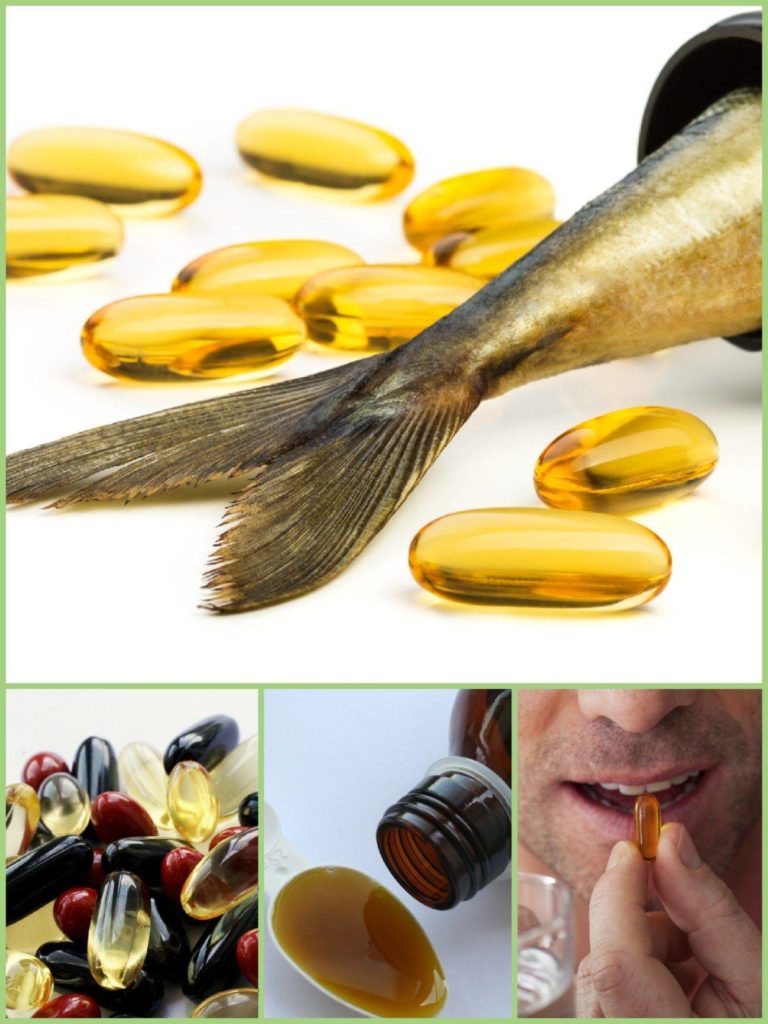
HEALTH BENEFITS OF OMEGA-3
Convincing evidence
There is good evidence that increased consumption of fish and dietary patterns with omega-3 long chain polyunsaturated fatty acids (omega-3 LC PUFAs), including from food supplements, are associated with the primary prevention of coronary heart disease by:
- Risk factor reduction, e.g. blood pressure and blood triglycerides
- Reduction of risk of coronary heart disease (CHD) mortality/fatal CHD events
Good fish and seafood sources of Omega-3
| Mackerel | Trout | Crab (fresh) |
| Kippers | Sprats | Whitebait |
| Pilchards | Salmon | Swordfish |
| Tuna (fresh or frozen) | Herring | Shark |
| Sardines | Marlin |
Filling the omega-3 nutrient gap
- Individual fatty acids have unique biological properties and beneficial health effects.
- Recommended dietary intake for eicosapentaenoic acid (EPA) + docosahexaenoic (DHA) is 0.25mg–2mg/day for secondary prevention of coronary heart disease.
- Globally and in the UK, typical intakes of marine omega-3 LC PUFAs are low.
- Barriers to frequent fish consumption include taste, smell and concerns about bones, and choice of fish determines whether recommendations can be achieved.
- Strategies for achieving recommendations for EPA + DHA are food based, specifically oily fish, fortified foods and food supplements.
- Find out more here: https://www.iadsa.org/mind-the-gap/english/omega-3#intro
Guidance for health professionals
- It would seem prudent to encourage increased consumption of biologically active marine sources of omega-3 LC PUFAs for the general population.
- Educational programmes to inform consumers about options to increase intake of marine omega-3 LC PUFAs.
